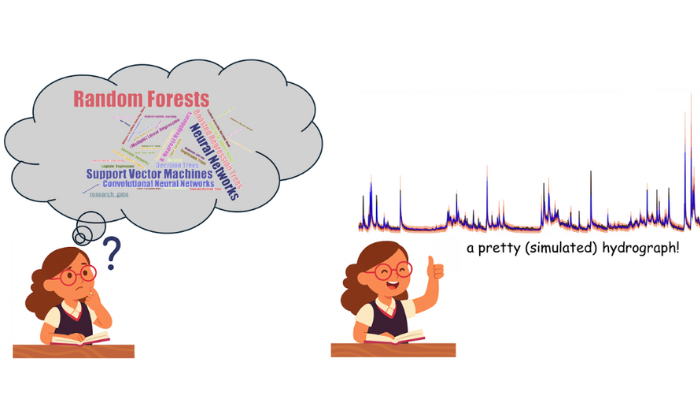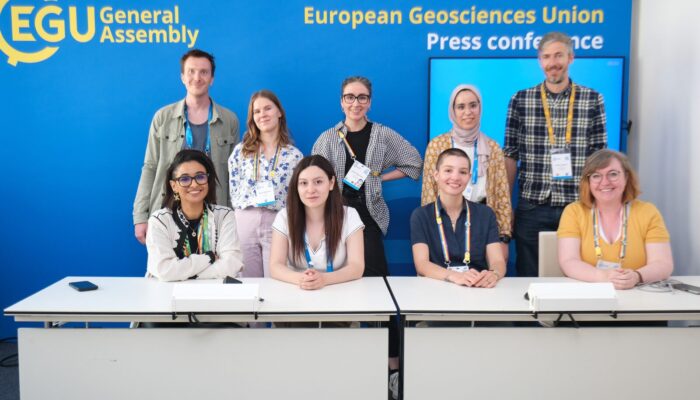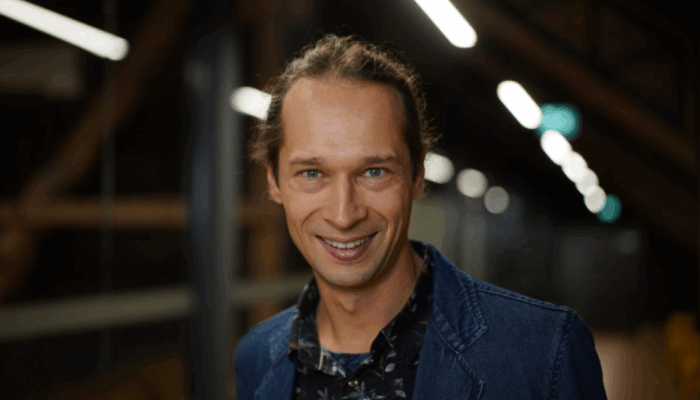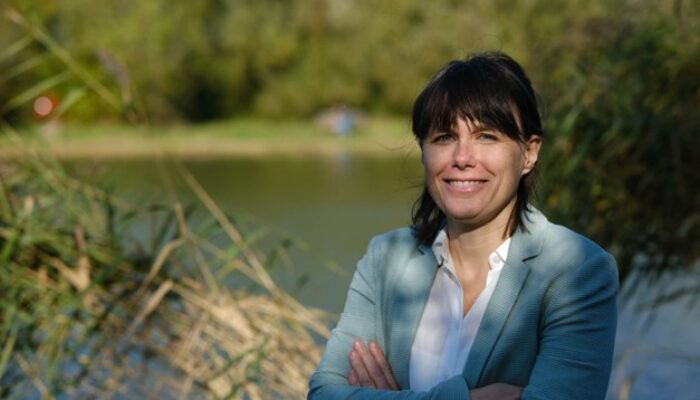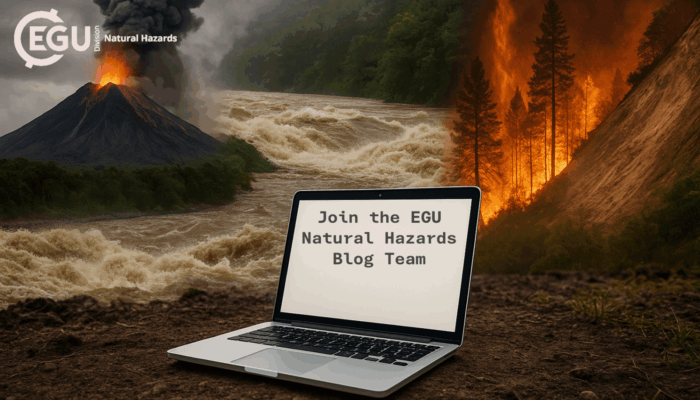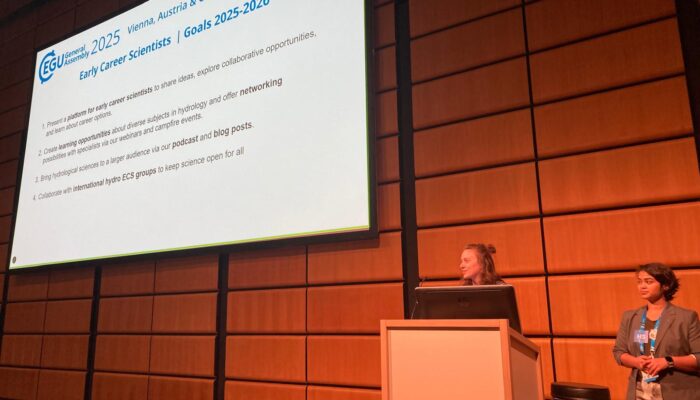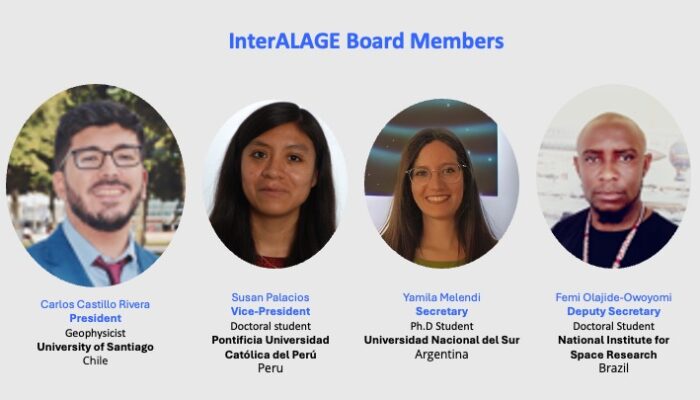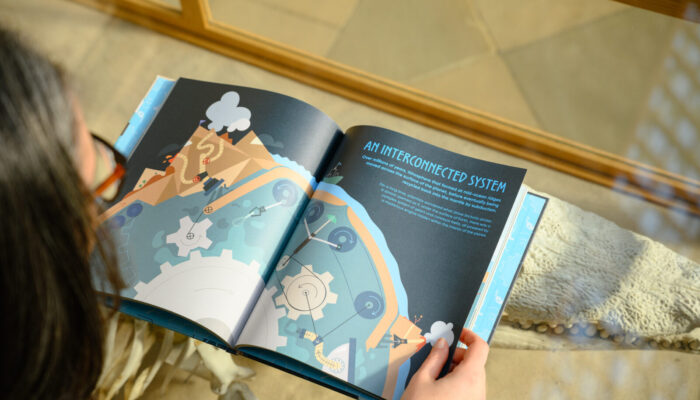Keeping up with current Machine Learning (ML) developments in hydrology can seem like a never-ending game of catch-up! Instead of drowning yourself in a heap of scientific publications, here are a few practical hints to help you stay ahead in the ever-evolving intersection of ML and hydrology. Hint 1: Surround Yourself with Experts and Like-Minded ML Enthusiasts When questioned about how they keep ...[Read More]
If you didn't find what you was looking for try searching again.
GeoLog
Behind the scenes: the EGU25 Press Centre
Every year, the European Geosciences Union (EGU) General Assembly transforms Vienna into a bustling hub of scientific discovery. Tens of thousands of scientists from around the world gather to present their latest research, but how do these discoveries reach the public? That’s where the EGU press centre comes in—a space where science meets storytelling, and complex research is translated into stor ...[Read More]
GeoLog
GeoTalk: Meet Adam Izdebski, Environmental Historian, Human Ecologist and member of EGU’s Biodiversity Task Force
Adam, welcome to GeoTalk! You’re an environmental historian and human ecologist, with an interest in biodiversity. Can you tell us how understanding historic changes to social and ecological systems can provide an insight into biodiversity loss today? This is a question that environmental historians face every time they talk about their work! Let me put it this way; we are at a certain point in th ...[Read More]
Hydrological Sciences
EGU GA 2025 – A Hydrological Wrap Up
The EGU General Assembly 2025 was an amazing success! Over the course of five sunny days in Vienna, 18,934 presentations were given across 1,102 sessions by the 18,646 on-site participants and 2,338 online attendees. There were plenty of events to choose from for the hydrologists attending. Across sessions, networking events, short courses, posters and medal lectures, we’ve put together some ...[Read More]
GeoLog
GeoTalk: Meet Annegret Larsen, Biogeomorphologist and Quaternary Scientist passionate about rewilding and a member of EGU’s Biodiversity Task Force.
Annegret, welcome to GeoTalk! You’re a researcher who focuses on abiotic-biotic environmental interactions. Can you tell us how the implications of your research extend to sustainable management practices? The United Nations, European Union, and national governments require us to restore landscapes to a ‘natural’ state. However, European landscapes have been shaped by human activity for thousands ...[Read More]
Natural Hazards
We want you! Join the EGU Natural Hazards Blog Team
Are you passionate about natural hazards? Do you want to explore and enhance your science communication skills? The EGU Natural Hazards Division Blog seeks beautiful minds to become enthusiastic new editors and join our diverse and inclusive team. The blog serves as a platform for the natural hazards community to share updates on the latest research, insights, and perspectives on issues relevant t ...[Read More]
Hydrological Sciences
Meet your ECS Rep – Melissa Reidy
Melissa Reidy is a postdoctoral researcher at the Swedish University of Agricultural Sciences, Uppsala. For 2025, she is the Early Career Scientist Representative for the Hydrological Sciences division. Can you tell us about the focus of your research? A common theme throughout all my research has been connections between land and water. What has been different is the ecosystems that I’ve s ...[Read More]
Solar-Terrestrial Sciences
Meet the InterALAGE Board Members
We are excited to introduce the InterALAGE Team! and share their vision for the future of the organization! To get to know them better, our Media and Communications Officer conducted an in-depth interview with the new board members. In this engaging conversation, the board members share their personal backgrounds, journeys within InterALAGE, and goals during their term. 1. To start off, could you ...[Read More]
GeoLog
A Geoscientist’s Colorful Journey from Research to Children’s Books
In today’s blog we’re having a chat with our very own Dr Lucia Perez-Diaz. As Lucia put it at the start of this year’s General Assembly, us scientists get to wear many “hats”, and she lives up to that statement. Besides a brilliant geoscientist, she is an incredible artist – also featured as last year’s artist in residence – and a budding press assistant! But more importantly, she is the author of ...[Read More]
GeoLog
AI: the good, the bad, and the forgotten
AI is here, and when I say here, I mean e-v-e-r-y-w-h-e-r-e. For all you know, this blog may have been written by an algorithm (it wasn’t — I’m not a robot, promise. Or am I?). In what feels like the blink of an eye, AI has gone from a curiosity to a fully-fledged co-pilot in science (and out of science). It’s generating satellite imagery, helping compute paleo-climate predictions, or writing your ...[Read More]

